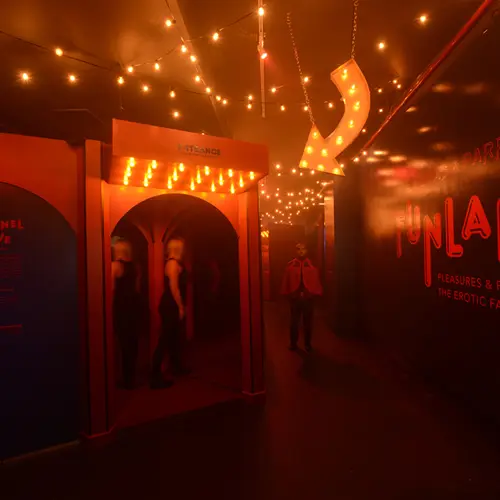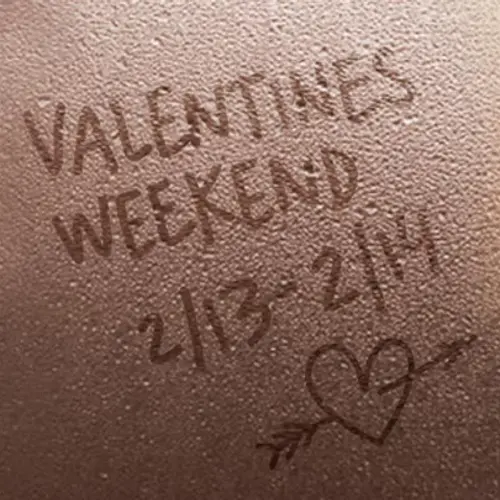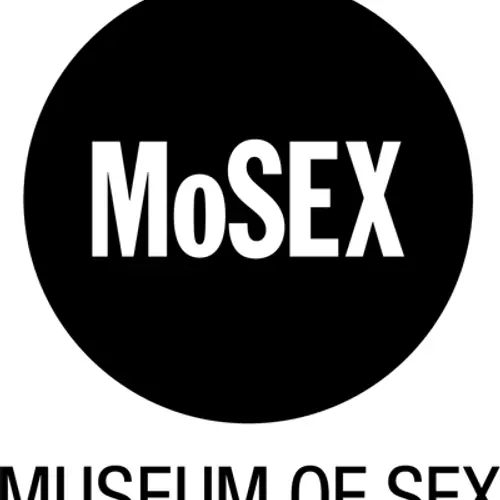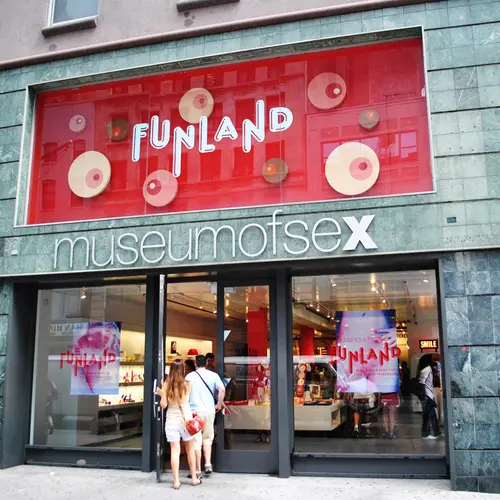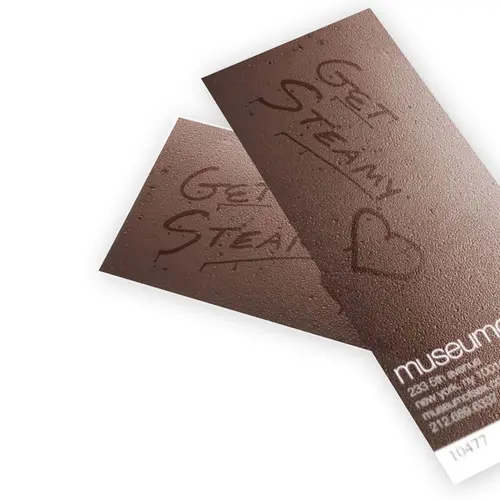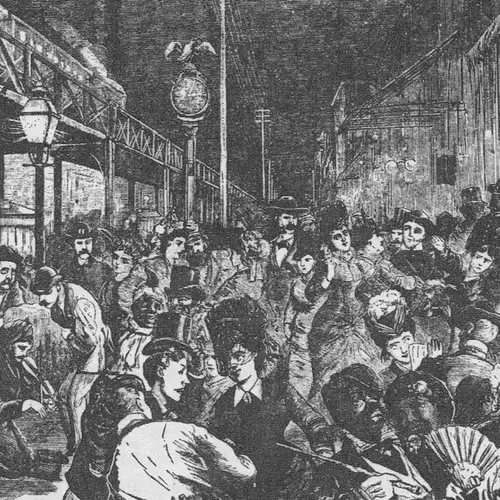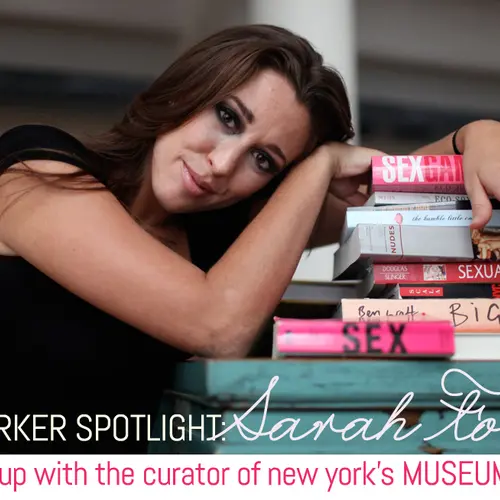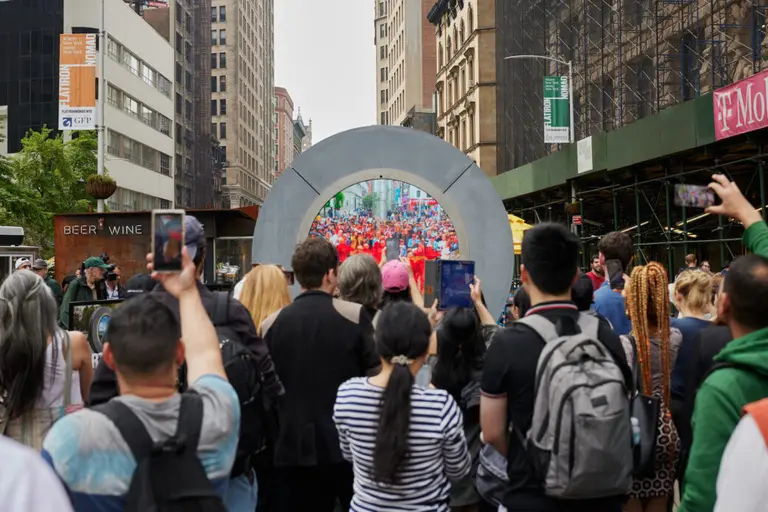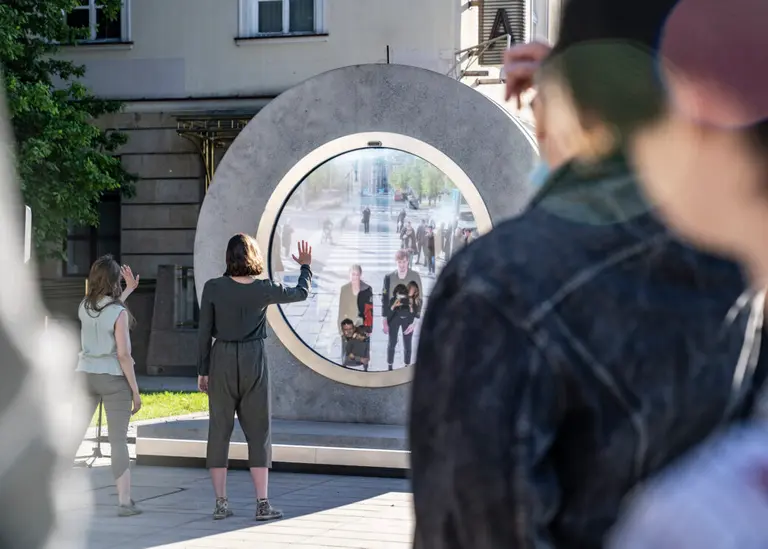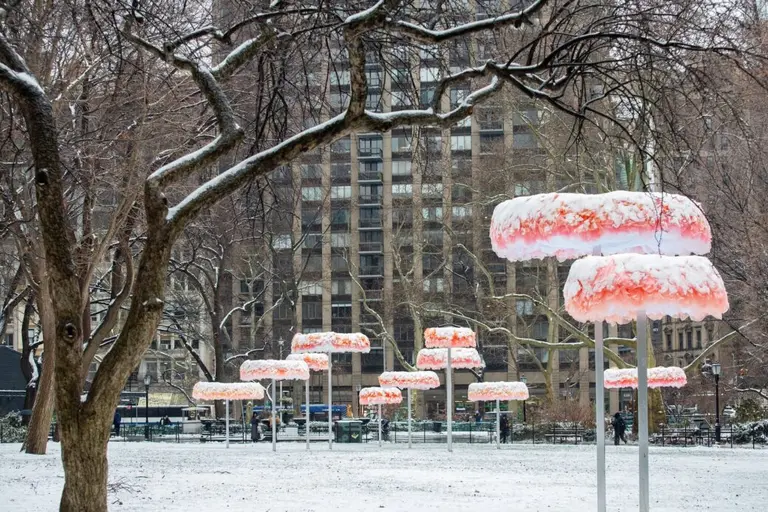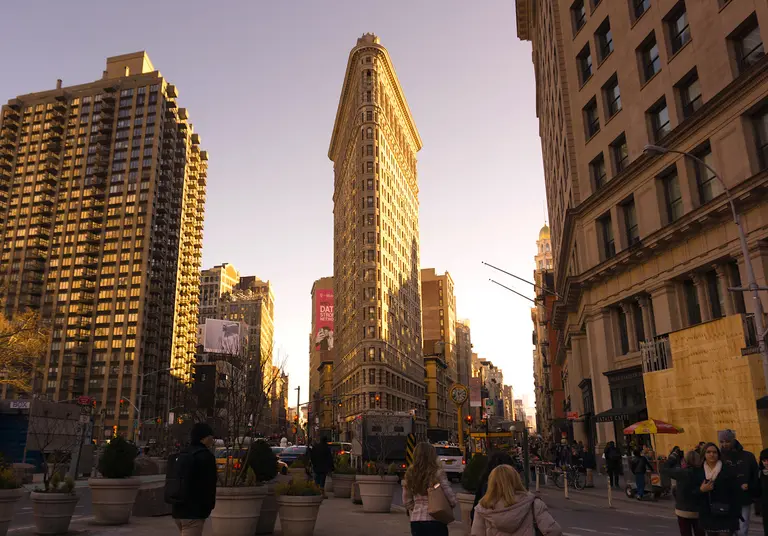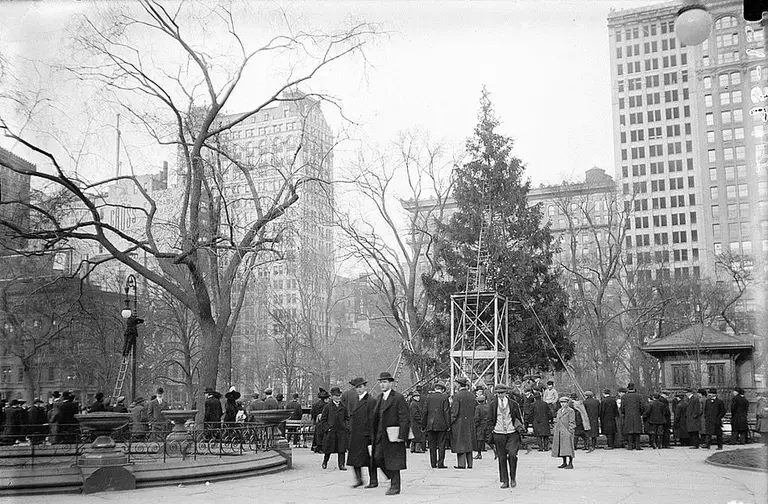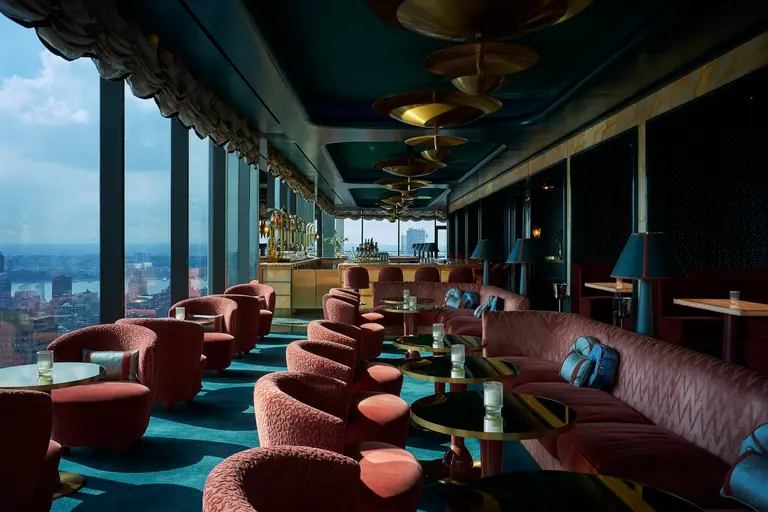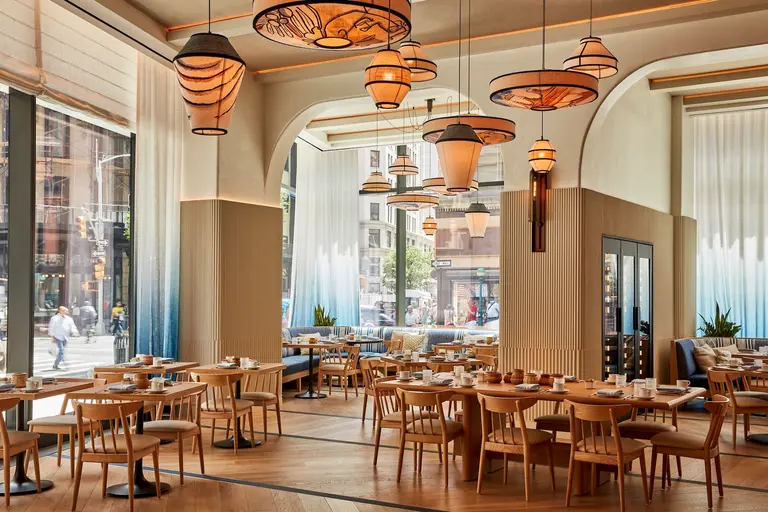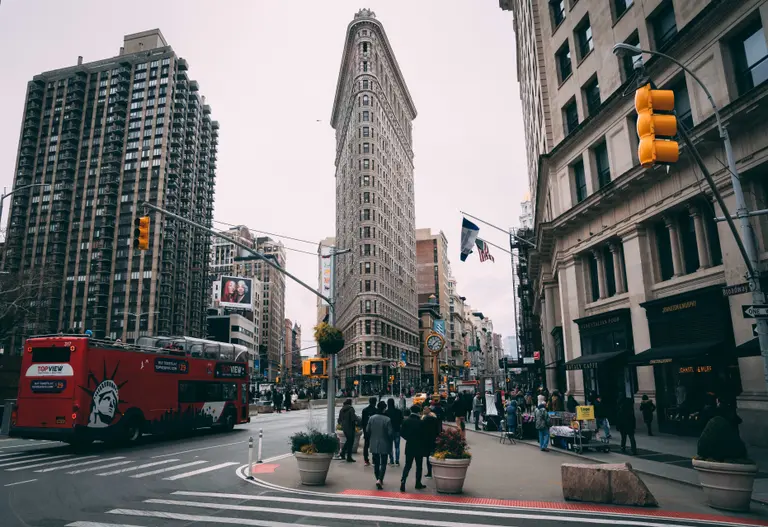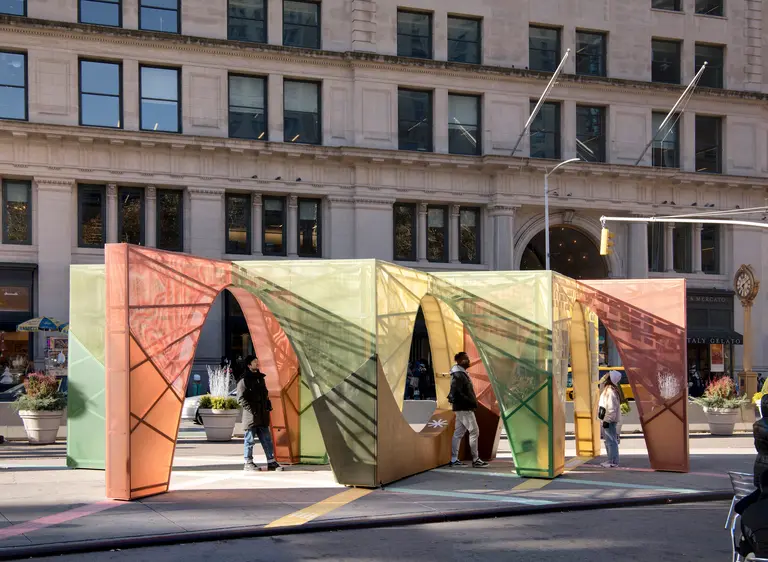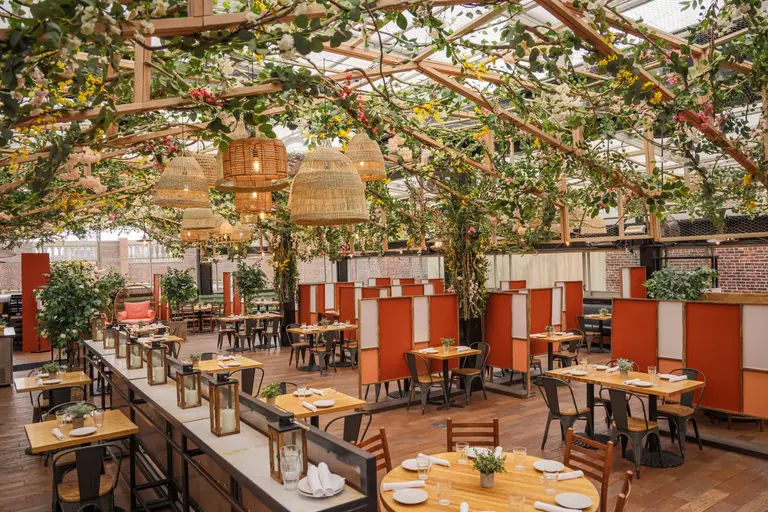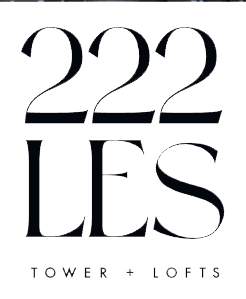New Yorker Spotlight: Curator Sarah Forbes on the Museum of Sex (It’s Not Exactly What You Think It Is)
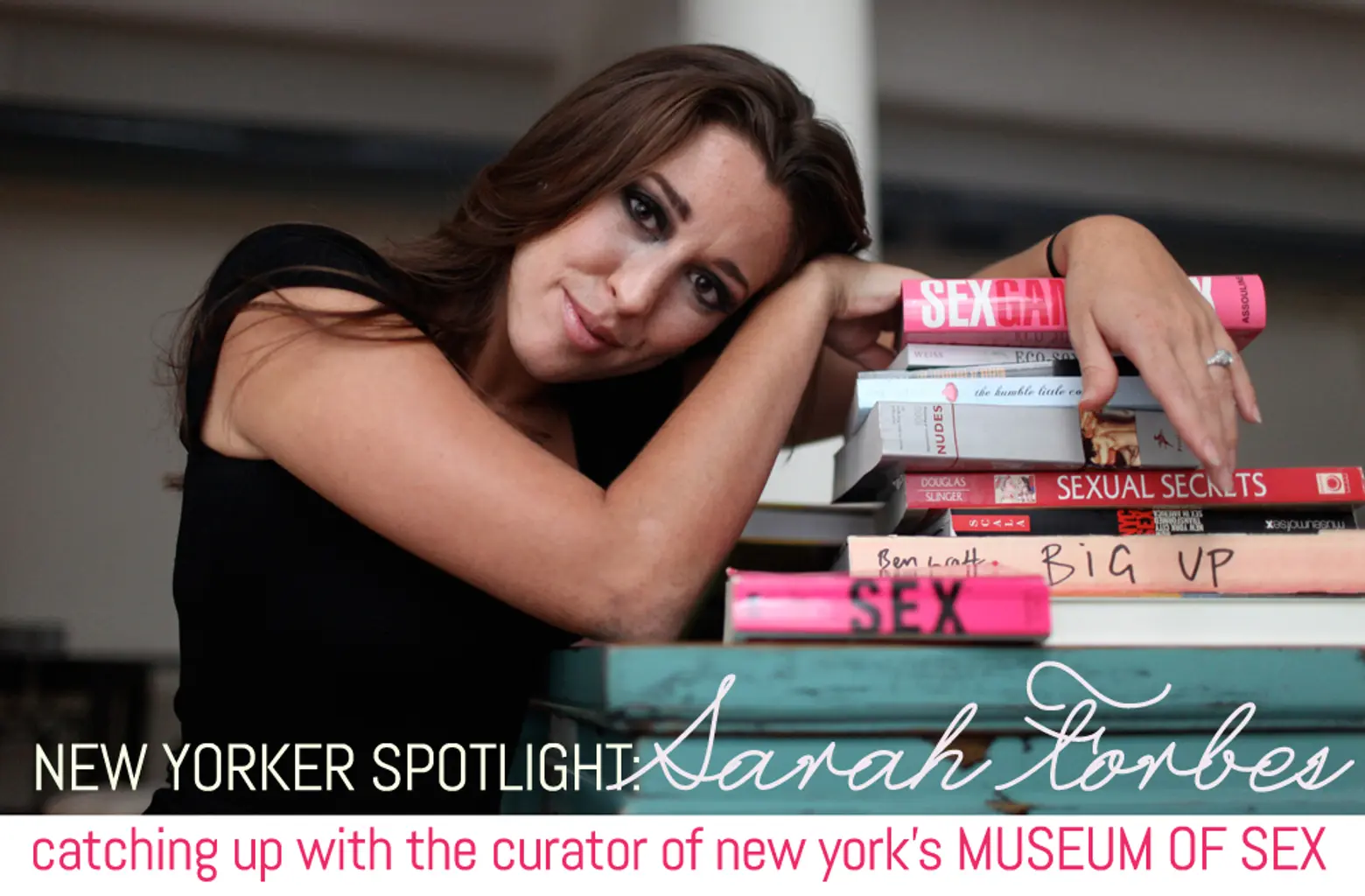
If you’ve walked along lower Fifth Avenue, then the Museum of Sex most certainly has caught your eye; maybe you’ve even visited it and seen a few of the exhibits curated by Sarah Forbes.
Sarah is the museum’s sole curator, which means it’s her job to conceive and oversee exhibitions on a myriad of topics related to sex. Her goal is the same as the museum’s goal: to expand visitors’ horizons and to dispel myths and misconceptions that are out there. Beyond educating the public through its oftentimes provocative exhibits, the Museum of Sex is dedicated to sharing information and artwork through its permanent collection of over 15,000 artifacts as well as its research library and media archive.
With Valentine’s Day approaching, we couldn’t think of a better time to chat with Sarah to find out more about New York’s relationship with sex, how the museum helps the city understand it differently, and why it’s the perfect spot to celebrate the holiday.
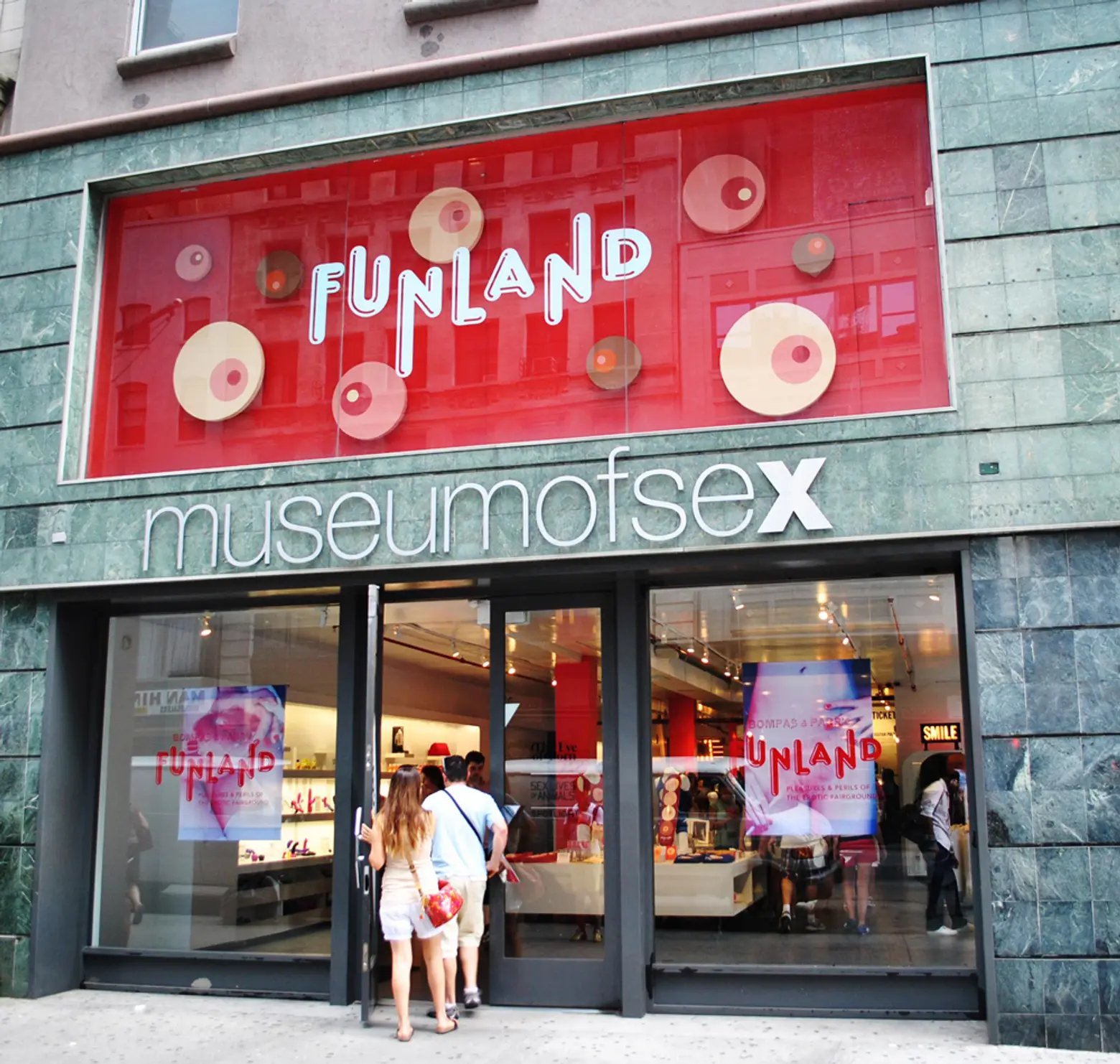
What makes New York the perfect city for a museum devoted to sex?
New York City has an incredible history of sex. It’s not just this Times Square era. For instance, we have brothel guides from 1855 and 1856. So somebody coming to New York in that time period could find lists with addresses, descriptions, and information on all of the owners of these houses. New York was this publishing center of a lot of erotica. You have that legacy and then that evolving into what New York City was known as in the 1970s, and then to what it is today.
The museum is located in a neighborhood referred to as the Tenderloin in the 19th century for its bordellos, saloons and dance halls. Is the location a coincidence or is it a nod to the area’s history?
It’s one of those fortuitous coincidences. The museum was founded in 2002. This was definitely more of an up-and-coming neighborhood then. The neighborhood has evolved around us and we have been able to benefit from that changing energy and demographic. We get to be part of that 5th Avenue address, which we think of as still part of the museum mile.
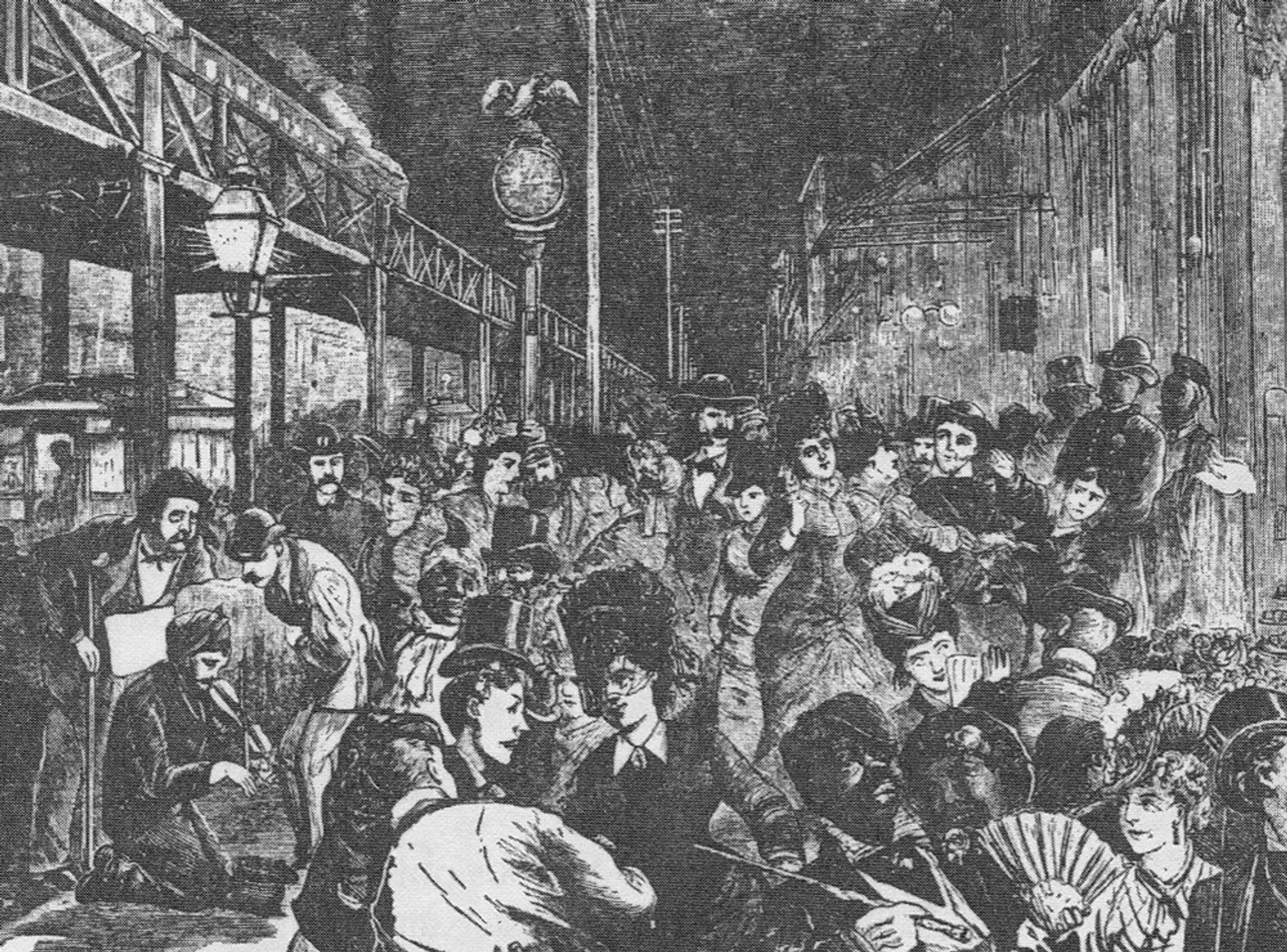 Gambling, prostitution, saloons, and dance halls stayed open all night in the Tenderloin. Image via “Infamous Manhattan”, by Andrew Roth.
Gambling, prostitution, saloons, and dance halls stayed open all night in the Tenderloin. Image via “Infamous Manhattan”, by Andrew Roth.
How can sex be understood differently through exhibitions?
We are so inundated with sexual information and misinformation through popular culture. And really, there is a lack of real sexual education out there either from our young schooling days or even in college. With our exhibitions, we want them to appeal to a wide segment of the population. We are an 18+ institution, so this could mean someone who is not exposed to the subject matter at all or someone who has written a dissertation on the topic.
The museum shares a great deal of scholarship on sex. How is that scholarship curated for the public?
My personal background is in anthropology with a focus on gender. I always say I have one of the rare jobs where I get to use all of the theory in practice. And so what I do with all of the exhibitions is I find the specific experts for the topic we are covering. For instance, we did an exhibition called, “The Sex Lives of Animals,” which is still on display. I found the 12 academic experts from evolutionary biologists to primatologists. We are really able to work with so many of these experts across fields and disciplines.
How did you go from studying anthropology to working at the Museum of Sex?
It’s actually all by chance. From a real estate perspective, my apartment during graduate school was four blocks from the museum. I picked it for convenience to get to school. I ended up coming to the museum as a visitor and realizing this is anthropology brought to life. I never intended to work in a museum. The museum had just opened and I dropped off my resume. Once I finished graduate school, I was able to come on in a full curatorial capacity and here I am ten years later.
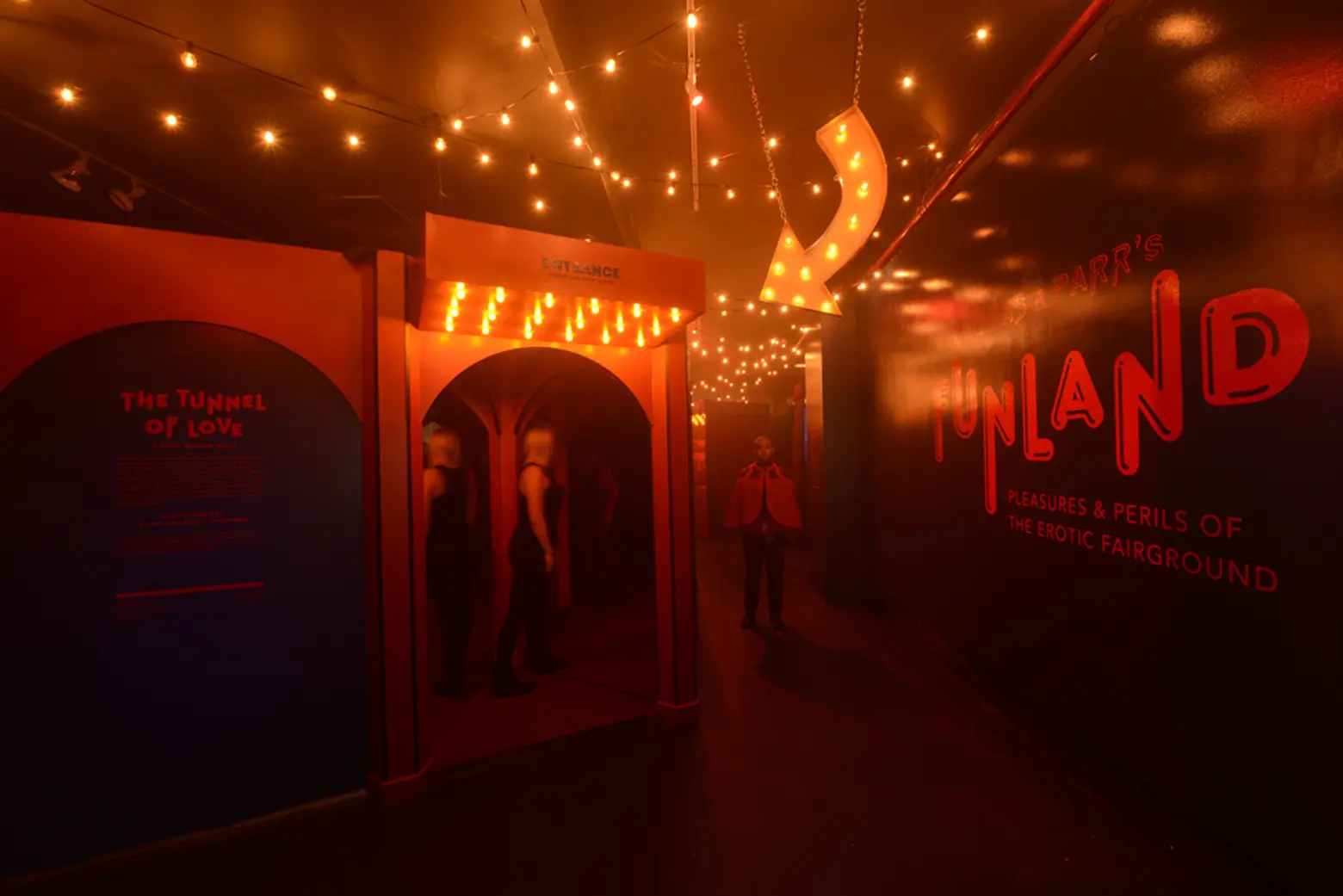
Since you began working at the museum ten years ago, how has the museum evolved?
Over the last decade, people coming to the museum have had a different knowledge base about sex. I think the Internet has opened up the world of sexuality to people. It’s also led to a lot of misinformation. But it’s not as shocking to people that there are various kink and fetish communities or there are different modes and entrance points into sexuality.
When thinking about a potential exhibit, what are you looking for?
Well the museum has the benefit of having four to five gallery spaces at a time. We really like to have a balance of genres and subjects. One gallery might be very science heavy, another might be more historically inclined, and one might have fine contemporary art. Sex is so many different things. In those four or five galleries, we can’t cover every topic, but that’s part of our continued success being able to create these exhibitions and continue contributing to a discourse.
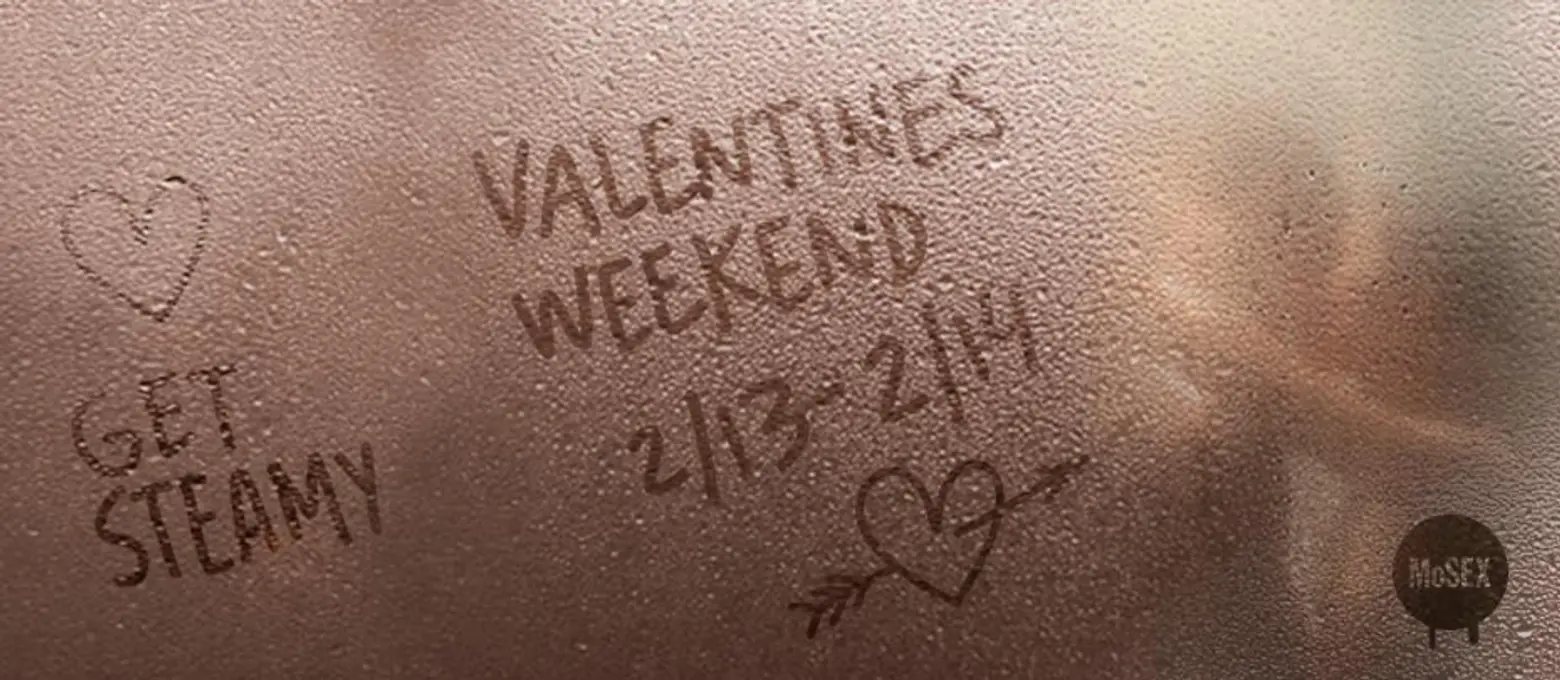
The museum has a special Steamy Valentine’s Day package. What can visitors expect for the holiday?
Valentine’s Day is one of the museum’s biggest holidays. The museum is one of those great places that you can take a partner and have a very unique experience that’s fun and entertaining. That’s something we hope is propelled throughout the year and specifically for Valentine’s Day. I think Valentine’s Day sometimes is made to be this very commercial holiday, but it doesn’t have to be that way.
How knowledgeable about sex are you now?
After ten years, I think that I am pretty knowledgeable, but it’s one of these topics where every day you are still learning more.
What does serving as a curator and sharing scholarship, art and knowledge on sex with the public mean to you?
I think I am in a very privileged place to be able to talk so candidly about a subject that makes so many people uncomfortable and also curious. I love that ability to share information and to teach people. What we ultimately hope at the museum is that we are contributing to more discourse about sex and sexuality.
***
Museum of Sex
233 5th Avenue
New York, NY 10016
[This interview has been edited]
